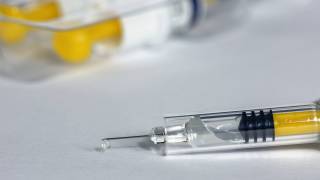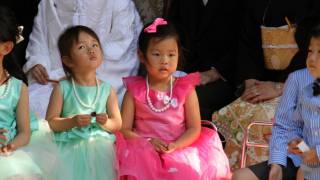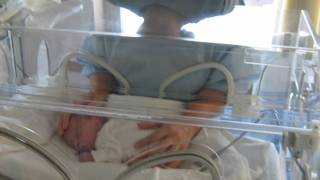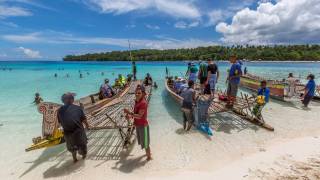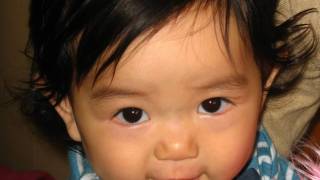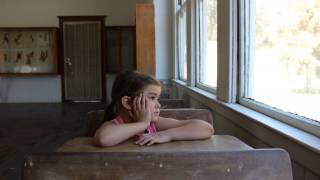Visiting Japan is Risky For Pregnant Women
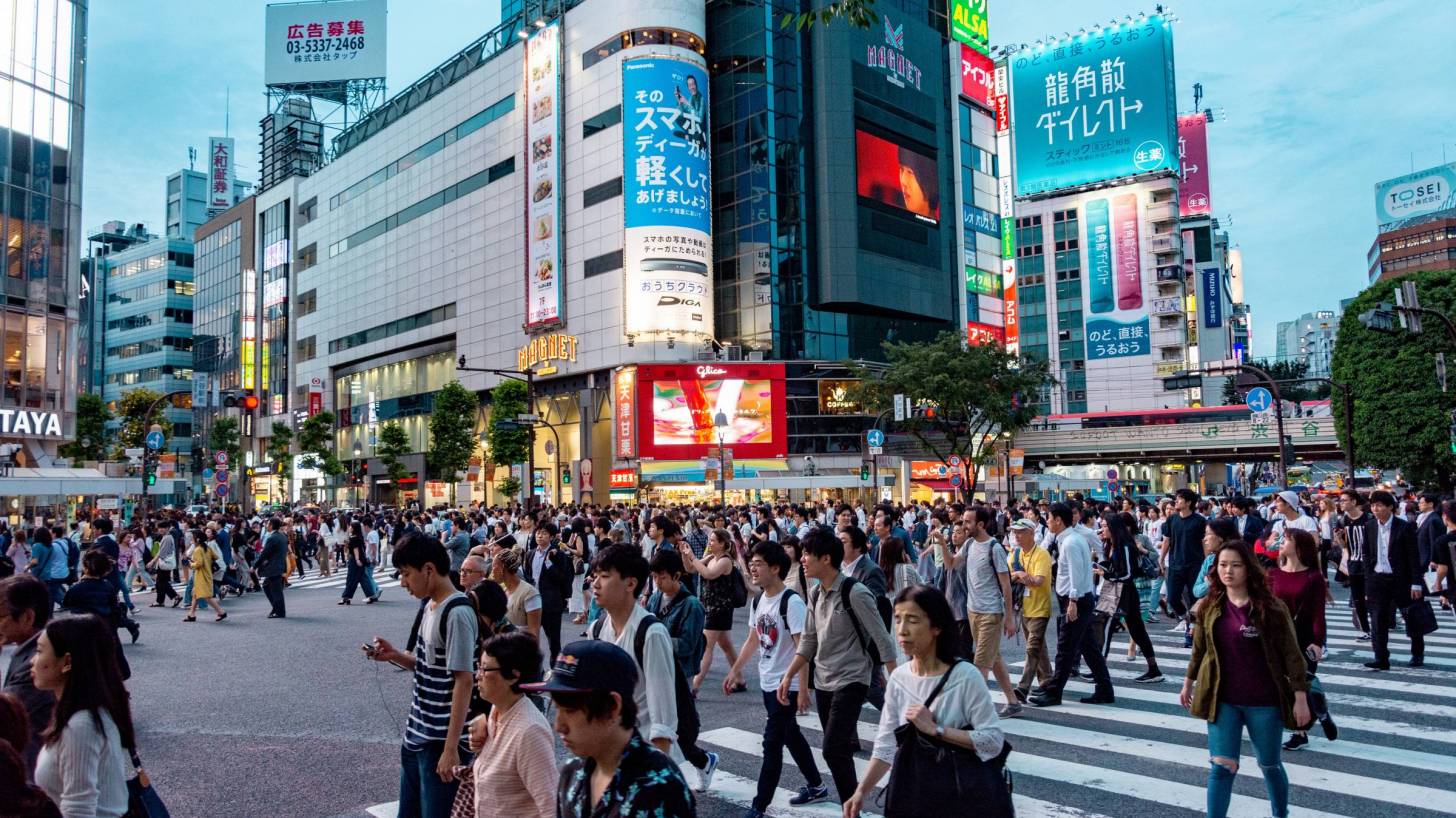
The clock is ticking on Japan’s quiet but expanding rubella virus outbreak of 2018-2019.
And, according to the Canadian and USA governments, this rubella outbreak poses a substantial risk to pregnant women and their unborn baby.
This risk is because if a pregnant woman contracts rubella during the first 20 weeks of pregnancy, it can cause serious health complications for her unborn baby.
One of these complications is called Congenital Rubella Syndrome (CRS), which can cause cataracts, congenital heart disease, hearing impairment, and developmental delay.
These health risks are part of the justification for the Canadian and USA governments to update their Level 2 Travel Alerts.
On May 10, 2019, the Public Health Agency of Canada updated its Travel Advice which recommends that ‘pregnant women who are not protected against rubella either through vaccination or previous rubella infection, avoid traveling to Japan.’
A person’s rubella immunity status can be confirmed from a commercial lab test, such as UltaLabs.
Additionally, the US Centers for Disease Control and Prevention (CDC) said in the March 11, 2019 Level 2 Travel Alert, ‘travelers to Japan should ensure they are vaccinated against rubella with the Measles, Mumps, and Rubella (MMR) before travel.
These Travel Alerts are in reaction to the increasing number of rubella cases, and the risk of additional CRS cases.
According to the Japan Times, over 1,300 people living near Tokyo, Kanagawa, Chiba, Osaka, and Fukuoka Prefectures have been diagnosed with rubella, as of early May 2019.
These 2019 cases are in addition to the 2,978 rubella cases reported in Japan during 2018.
Based on these data points, a recent clinical study calculated the potential risk of CRS to pregnant women exposed to rubella in Japan during 2019.
On May 3, 2019, this new study estimated the potential number of CRS cases in Japan could reach 98 women during 2019.
This alarming study used the data from Japan’s rubella outbreak of 2013 and applied it to the ongoing 2018-19 outbreak.
Unfortunately, Japan’s rubella outbreak may continue into September, when it hosts the Rugby World Cup 2019.
Which means, attending this worldwide event of 20 countries could be very risky for pregnant women and their future children.
Moreover, the Japanese government has set a goal to eliminate rubella from Japan by 2020 when the Summer Olympics will be held, reported Nippon.com.
To achieve this goal, Japan is taking action to reduce the ongoing rubella outbreak.
During February 2019, the government launched a free rubella vaccination program for Japanese men between the ages of 39 to 56.
The CDC Travel Alert is important to Americans since approximately 4.5 million USA citizens visit Japan annually. And many of these visitors are women.
In the USA, there are 2 approved rubella vaccines, MMR-II, and ProQuad. Both vaccines are available at most pharmacies.
American travelers to Japan can request a rubella vaccine appointment at Vax-Before-Travel.
Our Trust Standards: Medical Advisory Committee
- Rubella in Japan
- Health Information for Travelers to Japan
- Japan struggles to ditch 'vaccine backwater' image due to policy gaps
- Cumulative measles cases by week, 2013-2019 (week 1-16) (based on diagnosed week as of April 24, 2019)
- Predicting congenital rubella syndrome in Japan, 2018–2019
- Rubella Virus Genotype 1E in Travelers Returning to Japan from Indonesia, 2017
- Playing Roulette With Rubella in China
- Level 2 Travel Alert Reaffirmed For Japan’s Rubella Epidemic











